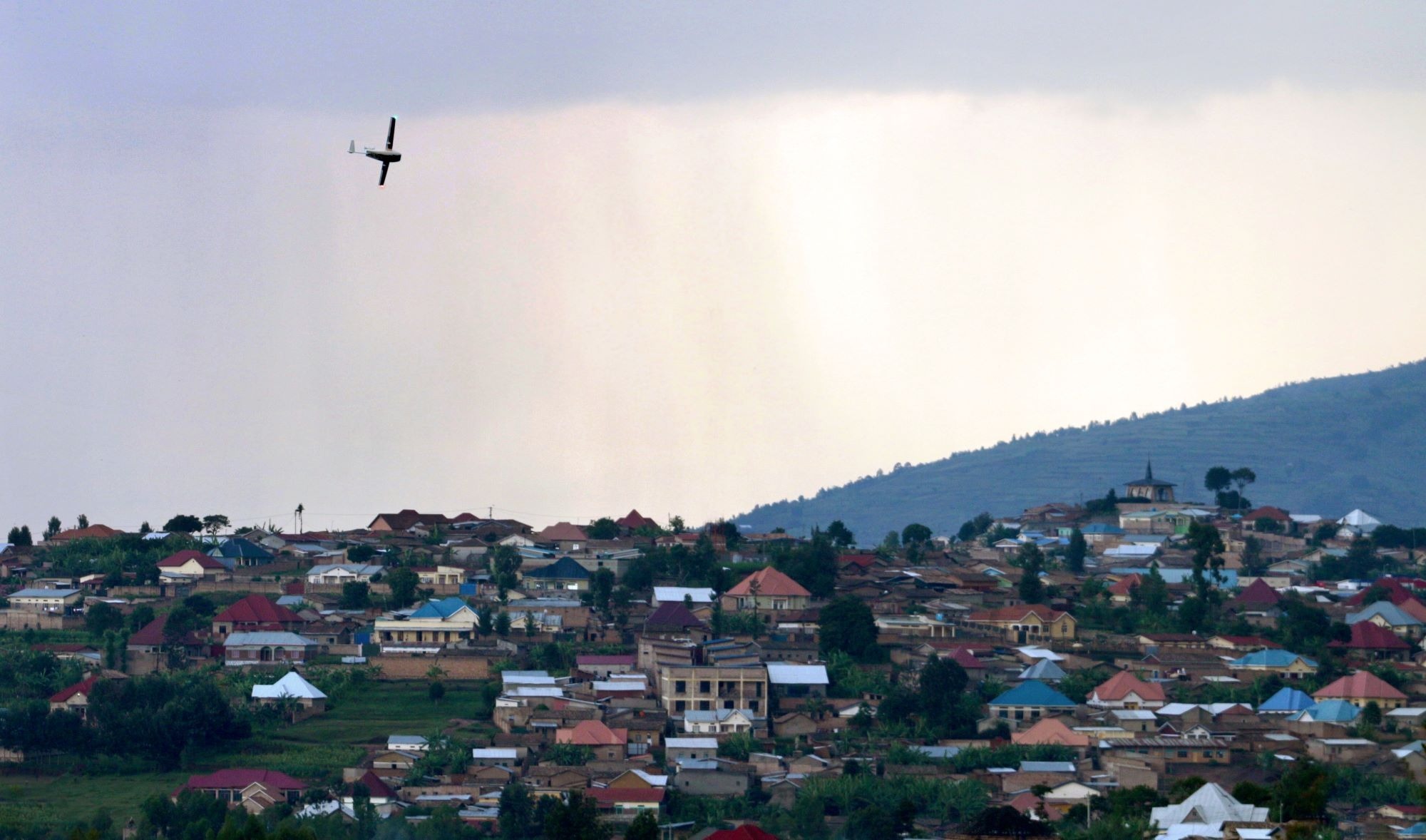
Our use of drones in the UK is currently fairly restricted. However, new government proposals would permit them to fly beyond the operator’s line of sight, opening up a host of possibilities – from using drones to inspect infrastructure to helping police check on incidents before they arrive in person.
Medicine is one crucial area where drones could make a real difference. They are already being used in some countries, particularly those with territory that is hard to reach by road. This year, in partnership with local authorities, Japan Airlines launched an unmanned drone service to deliver goods and medical supplies in a remote part of Japan. There are predictions that a similar service could be used to respond to environmental disasters in the future. Several African countries are also using medical drone deliveries quite extensively.
Trials are already happening in the UK – for example, a 2022 trial saw chemotherapy medicine being delivered by drone to the Isle of Wight, instead of the usual combination of boat and taxi. The trial, which was granted special permission by the aviation authorities, cut delivery times from four hours to 30 minutes.
Northumbria NHS Foundation Trust is hoping to be granted a similar special permission and to launch a drone service by this autumn. In Northumbria’s proposed scheme, supplies will be dropped by a small parachute to land outside hospitals, GP surgeries and care homes.
There are still questions around the risk of accidents and crashes, and concerns about the potential for invasion of privacy as drone use becomes more commonplace. We don’t yet know how revolutionary they’ll ultimately prove to be for medicine. But “flying pharmacies” may soon be another good tool in the medical box.
This article is from New Humanist’s summer 2024 issue. Subscribe now.


